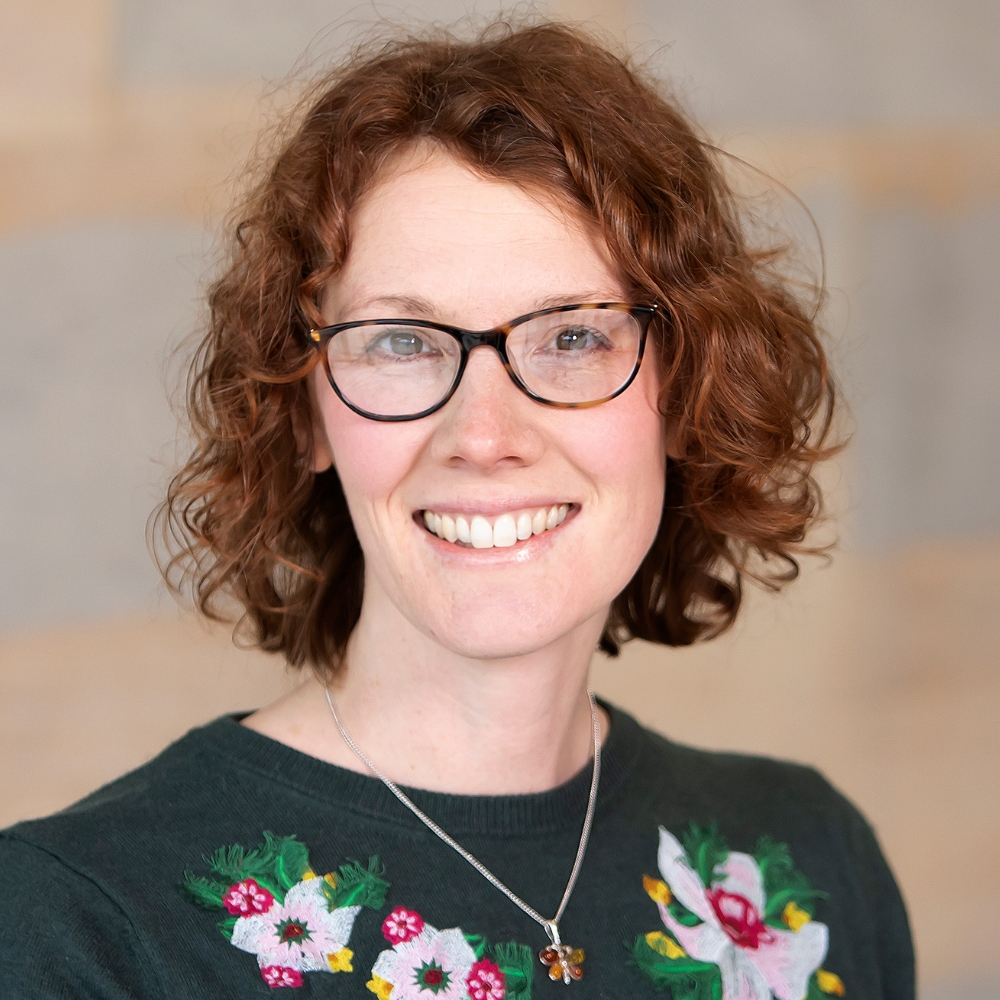Interdisciplinary focus
This project would select a case study[ies] by looking at the work consumers perform alongside various forms of sustainability accounting used to justify, report and promote circular innovations in business models. It would integrate sociological perspectives on consumer markets, consumption work and sustainability with business insights on sustainability accounting and use qualitative methodologies to investigate how consumers and business stakeholders understand and engage with circular economy processes.
Training and support
You will receive support through the Sustainable Transitions training program, which offers interdisciplinary research methods, secondary discipline training, and ongoing development. Doctoral scholars also have access to £2,500 through Proficio for training courses and £10,000 for research and additional training. You may audit relevant courses and will be supported by both the Sustainable Transitions management and your supervisory team.
Additionally, all scholars join the University of Essex’s Centre for Environment and Society, providing events and networking opportunities.
Person specification
This opportunity would suit a candidate with a degree/ background in Sociology, Business studies, Sustainability or Marketing, with an interest in qualitative methodologies.
It is not necessary for the candidate to have prior training in sociological research methods as this will be provided on the programme, but it would be an advantage.
Research proposal
The project area is broadly defined, leaving scope for the applicant to develop their own specific research proposal as part of the application. The successful candidate will further develop their proposal in close consultation with the supervisory team.
Supervision
The primary discipline supervisor takes the lead responsibility for supervising the project. For further detail relating to supervision see the Guidance for Applicants (.docx) document.
Additional background information
In a future of scarce resources, there is a growing need to embrace the principles of the circular economy – e.g. keeping products, materials, and resources in use for as long as possible rather than ‘take-make-dispose’. Legislation surrounding waste management promotes the higher end of the waste hierarchy – e.g. waste prevention, re-use, recycling. But many innovations within the circular economy rely on consumers and businesses adopting alternative ways of procuring, using and disposing of everyday items which may or may not lead to better environmental outcomes overall.
Circular economy practices like recycling and re-use are forms of unpaid ‘consumption work’ that businesses increasingly rely on to achieve their sustainability goals but are often unacknowledged by them. Using the lens of ‘consumption work’ (e.g. how work is routinely performed by consumers in order to procure, use and dispose of consumer goods/services), which draws attention to societal divisions of labour, this project would select a case study or case studies by integrating sociological and sustainability accounting perspectives.
On the one hand, studies of consumption work have selected cases because of the effort required by consumers and have explored the knowledge, skills and coordination needed for its successful performance. On the other hand, sustainability accounting perspectives have described how companies measure and report upon their sustainability activities and performance. Bringing these approaches together can shed light on whether companies consider the consumer when they are justifying, measuring and reporting the impact of their circular economy practices. Qualitative research with consumers invested in circular economy practices will be explored to better understand how their labour/practices interact within sites of production and consumption. This project offers a space to bring together questions about how consumers practice sustainability in their everyday lives and the impact of this on sustainability accounting of businesses.
The student will be free to select one or more circular economy case studies and will be asked to explore how this case is instituted within distinct socio-cultural and/or national contexts. Types of circular economy practices that could be explored include (but are not limited to) refill products, closed loop recycling, repair cafes, sharing libraries (for clothes, tools, vehicles). Comparative approaches – either multiple case studies within a single national context, or a single case-study within several national contexts – are encouraged to explore the variety of circular economies.
How to Apply
Full details available at Sustainable Transitions Leverhulme Doctoral Training Programme.
Supervisory team references
- Hobson, K., Holmes, H., Welch, D., Wheeler, K., & Wieser, H. (2021). ‘Consumption Work in the Circular Economy: a Research Agenda’. Journal of Cleaner Production, 321(September), 1–8.
- Wheeler, K. (2019) The Moral Economies of Consumption. Journal of Consumer Culture,19(2): 271-288.
- Wheeler, K. & Glucksmann, M. (2015) Household Recycling and consumption work: social and moral economies, Hampshire: Palgrave Macmillan
- Egbon, O. (2017). After greenwashing: symbolic corporate environmentalism and society, Social and Environmental Accountability Journal, 37(1), 73-74.
- Wheeler, K. (2022) Applying a Systems of Provision approach: moral economies and consumption work, Consumption and Society, 1(1), 207-210.








